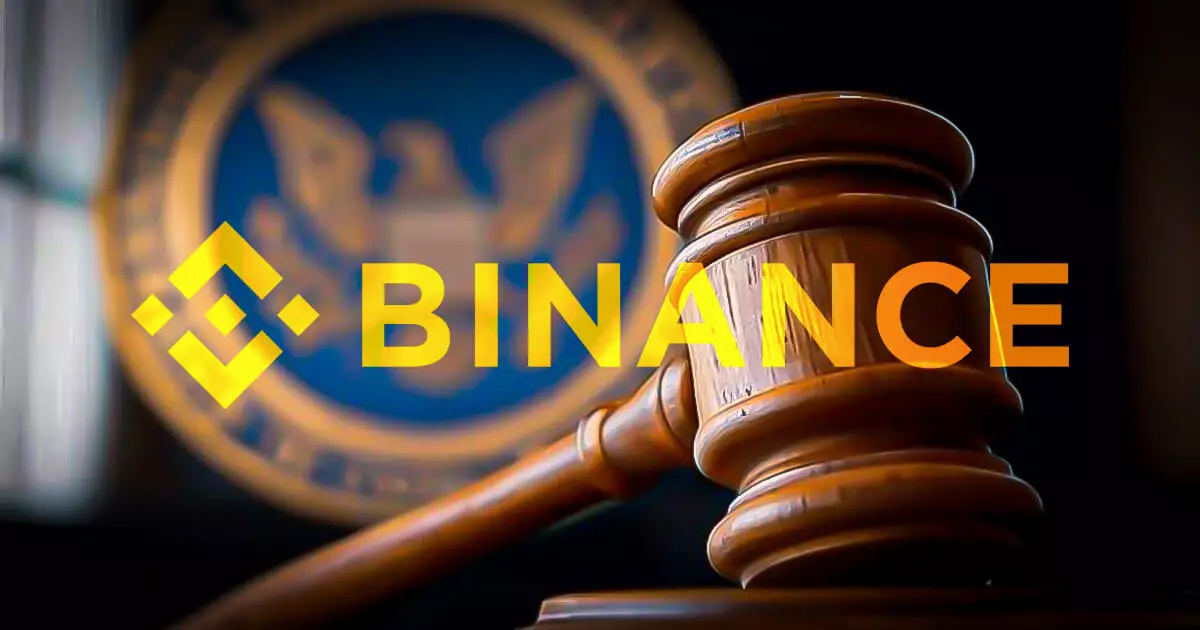The legal battle between the US Securities and Exchange Commission (SEC) and Binance has escalated, drawing attention due to its implications for the broader cryptocurrency industry. The SEC originally filed a lawsuit against Binance in 2023, claiming that the exchange violated US securities laws by offering various tokens, including Solana, Cardano, and Algorand, which the SEC deems securities based on the Howey Test. This case has highlighted the challenges around regulatory compliance in the evolving landscape of digital assets.
Recent Developments: The 60-Day Suspension
In a surprising yet strategic move, both the SEC and Binance filed a joint request for a 60-day suspension of their ongoing lawsuit. This decision stems from the SEC’s establishment of a dedicated crypto task force under the leadership of Acting Chair Mark Uyeda. The task force is expected to influence the resolution of the case significantly, prompting both parties to consider a temporary halt to proceedings. Schwartz, representing Binance, stated that this pause is essential for judicial efficiency and resource conservation.
The joint filing emphasized that a suspension would not disadvantage either party, as it could potentially lead to an early resolution that may eliminate the need for further discovery related to the merits of the case. This collaborative approach speaks volumes about the shifting dynamics between regulatory bodies and crypto firms.
The emergence of a “Crypto Task Force” under Acting Chair Mark Uyeda marks a critical shift in the SEC’s regulatory approach towards digital assets. This newly formed task force aims to establish clearer guidelines and create a more effective regulatory framework for cryptocurrencies. Hester Peirce, an SEC commissioner who has been vocal about the need for greater clarity in crypto regulations, is leading this initiative. Known for her advocacy of innovation within the space, Peirce has criticized previous enforcement tactics that left crypto firms in limbo, unable to navigate the murky waters of compliance.
This reorientation within the SEC reflects a dramatic pivot from its earlier hardline stances. Reports suggest that the SEC is downsizing its specialized crypto enforcement division, comprising over 50 legal experts. The restructuring indicates a move towards fostering a more conducive regulatory environment rather than purely punitive measures, aiming to alleviate concerns from industry players about potential legal repercussions.
The ongoing dialogue between the SEC and Binance sheds light on the regulatory challenges that the cryptocurrency industry faces. The temporary suspension of the lawsuit could pave the way for more conducive regulations, ultimately promoting innovation rather than stifling it. The joint effort demonstrates an increasing recognition of the need for collaboration rather than confrontation.
As crypto regulation evolves, stakeholders within the industry should remain vigilant and engaged with ongoing developments. The outcome of the SEC-Binance case may set vital precedents that could shape the future of cryptocurrency regulation in the US. Overall, this situation is not just about one exchange or case; it is emblematic of the broader struggles and transformations occurring as regulatory bodies seek to adapt to the rapid developments in the digital assets market.

